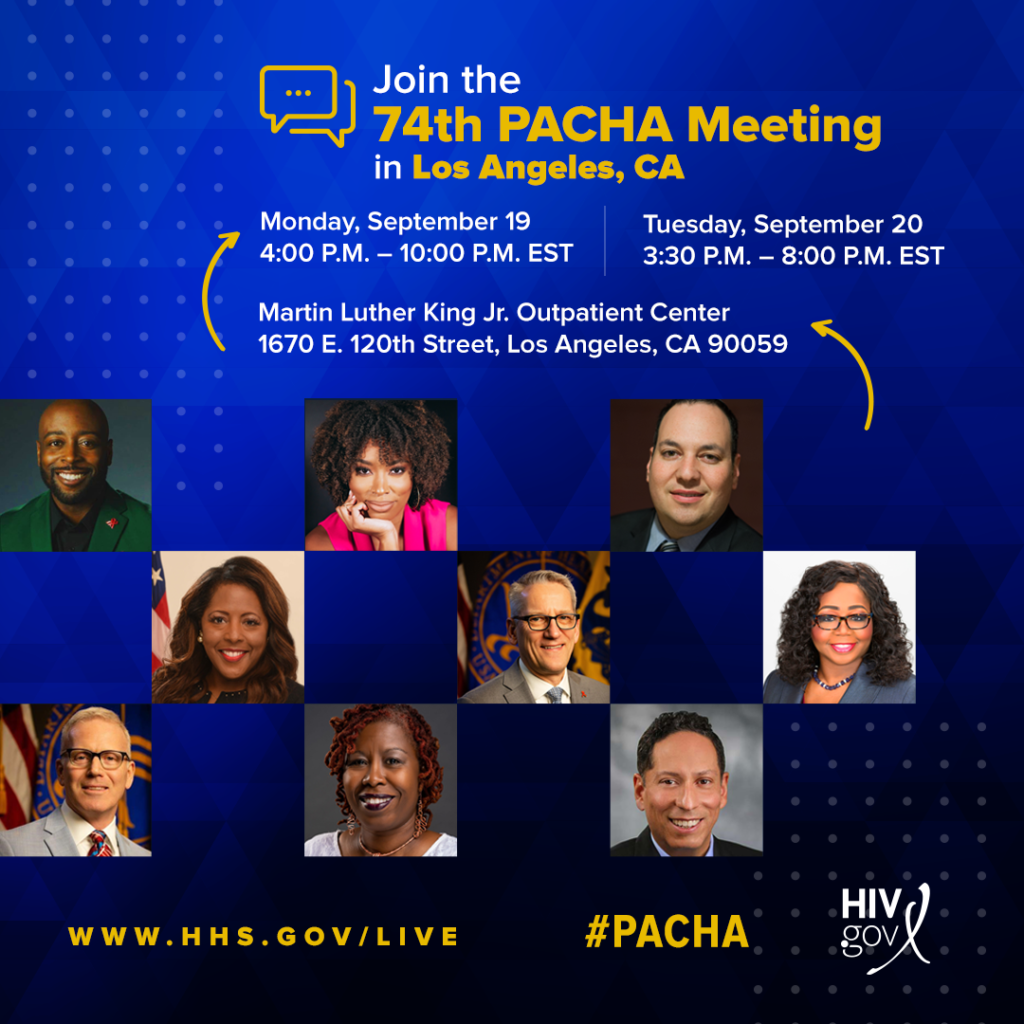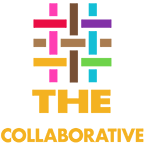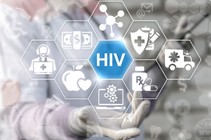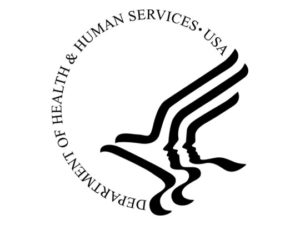
The 74th Presidential Advisory Committee on HIV/AIDS (PACHA Council) will be taking place in Los Angeles, CA on Monday, September 19, 2022 and September 20, 2022. The meeting will be hybrid for those who wish to participate virtually. It is open to the public and everyone.
See more details below regarding times and registration information:
- When: Monday, September 19, 2022 from 4:00 – 10:00 pm (ET)/1:00 pm – 7:00 pm (PT) and September 20, 2022 from a 3:30 – 8:00 pm (ET)/12:30 pm – 5:00 pm (PT).
- Where: Martin Luther King Jr. Outpatient Building, 1670 E. 120th Street, Los Angeles, CA 90059. (The closest metro stop is the Willowbrook/Rosa Parks station.) To attend the meeting virtually, please visit www.hhs.gov/live on date and time of event.
- “PACHA-to-the-People”: PACHA wants to hear from you! There will be a Listening Session with audience attendees on September 19. This is an opportunity for our PACHA members and leaders to hear from the community. Please encourage the community to attend.
- Registration: Due to limited seating, pre-registration for individuals attending in-person is encouraged. To register, please email your name to PACHA@hhs.gov by close of business Friday, September 9, 2022.
- Public Comment: Pre-registration is required to provide public comment. To pre-register, please send an email to PACHA@hhs.gov and include your name, organization, and title by close of business Friday, September 9, 2022.
- Agenda forthcoming: The meeting agenda will be posted on the PACHA page on HIV.gov prior to the meeting. The agenda will also be sent out once it is finalized. On the second day, community partners will be invited to participate on a panel to discuss the needs of the community.
For more information, please see the Federal Register Notice: View the Notice here.



 Cross-posted from
Cross-posted from 

